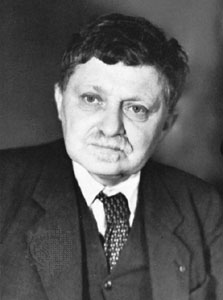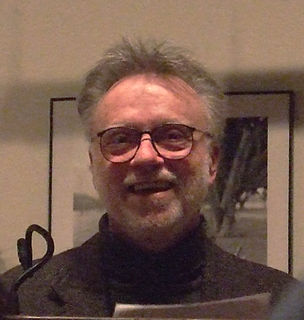A Quote by Peter Rollins
Here God is not approached as an object that we must love, but as a mystery present in the very act of love itself.
Related Quotes
It is one step, and a giant one, to see clearly and participate in the love that flows between the persons of the Trinity, but even here, God is seen as the object of his own love. It is yet another step to realize that God is beyond all subject and object and is Himself love without subject or object. This is the step beyond our highest experiences of love and union, a step in which self is not around to divide, separate, objectify or claim anything for itself. Self does not know God; it cannot love him, and from the beginning has never done so.
Temperance is love surrendering itself wholly to Him who is its object; courage is love bearing all things gladly for the sake of Him who is its object; justice is love serving only Him who is its object, and therefore rightly ruling; prudence is love making wise distinction between what hinders and what helps itself.
In the dominant Western religious system, the love of God is essentially the same as the belief in God, in God’s existence, God’s justice, God’s love. The love of God is essentially a thought experience. In the Eastern religions and in mysticism, the love of God is an intense feeling experience of oneness, inseparably linked with the expression of this love in every act of living.
To find God, you must look with all your heart. To remain present to God, you must remain present to your heart. To hear his voice, you must listen with all your heart. To love him, you must love with all your heart. You cannot be the person God meant you to be, and you cannot live the life he meant you to live, unless you live from the heart.
you can't kill love. you can't even kill it with hate. you can kill in-love, and loving, and even loveliness. you can kill them all, or numb them into dense, leaden regret, but you can't kill love itself. love is the passionate search for a truth other than your own; and once you feel it, honestly and completely, love is forever. every act of love, every moment of the heart reaching out, is a part of the universal good: it's a part of God, or what we call God, and it can never die.
God has no needs. Human love, as Plato teaches us, is the child of Poverty – of want or lack; it is caused by a real or supposed goal in its beloved which the lover needs and desires. But God's love, far from being caused by goodness in the object, causes all the goodness which the object has, loving it first into existence, and then into real, though derivative, lovability. God is Goodness. He can give good, but cannot need or get it. In that sense , His love is, as it were, bottomlessly selfless by very definition; it has everything to give, and nothing to receive.





































